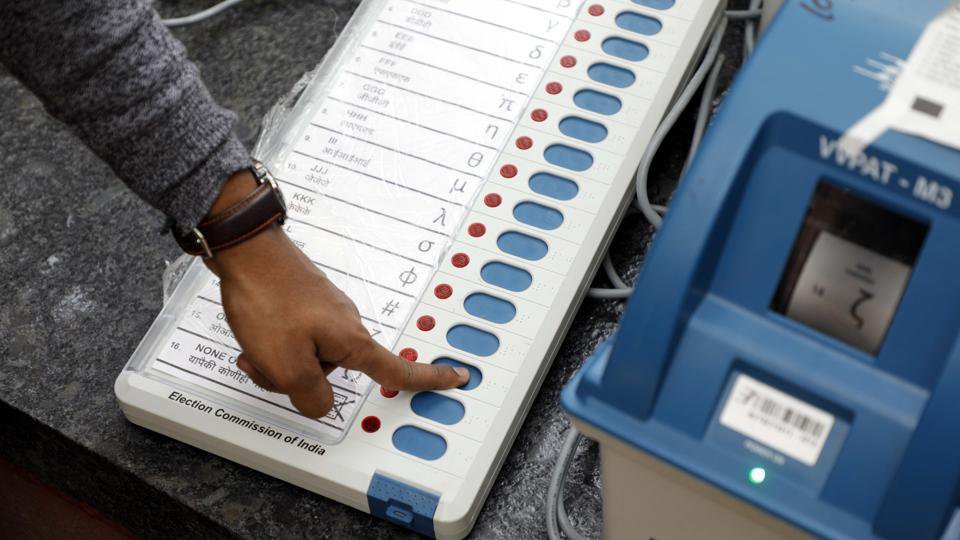People, NOTA isn’t equivalent to not voting.
That is a confusion which still exists in the minds of many, so we thought we’ll do a small explainer on what NOTA means and what are the consequences of it.
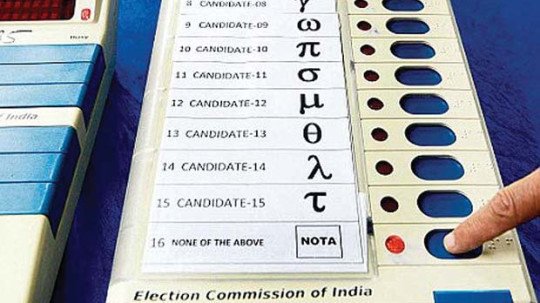
Firstly, let’s address where the confusion stems from: It’s application.
Even if majority of people in a particular constituency have pressed NOTA during the elections, the candidate with the most number votes wins.
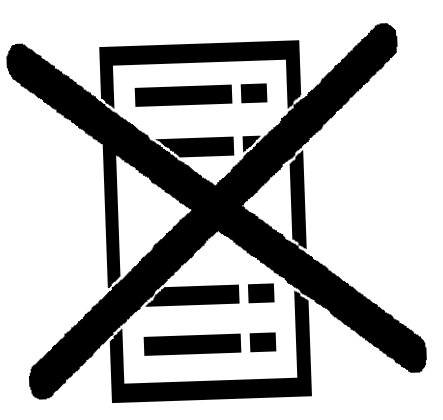
For a better understanding, picture this scenario.
NOTA: 30 votes
In this case candidate 1 will be declared the winner, posing the question: Why should one go and vote at all?
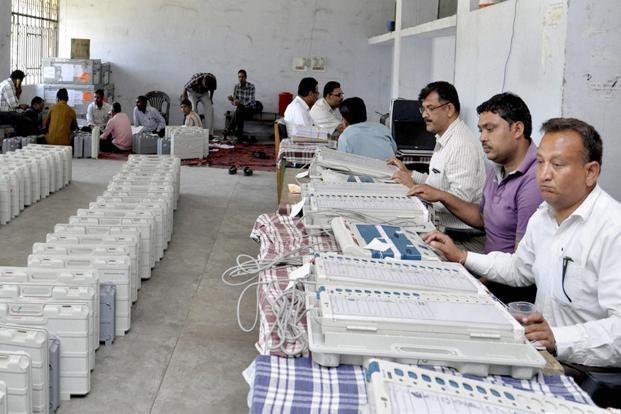
We’ll tell you why, but before that, let’s look at its history.
NOTA was implemented during the year 2013 Assembly elections, to give the voters the right to not choose any candidate without revealing their identity.
It was a very important step towards strengthening our democracy.
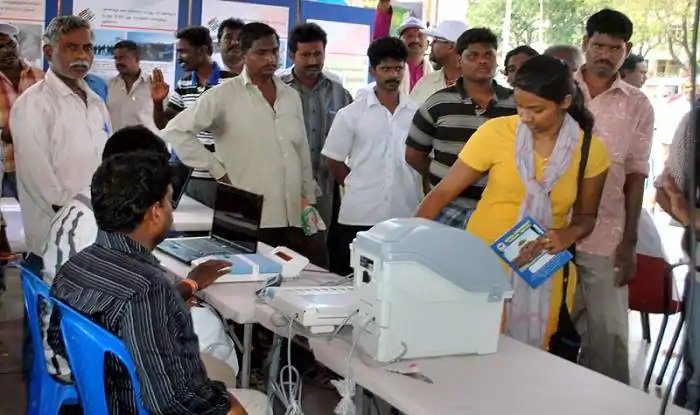
What’s its importance?
You might wonder, ‘why not just sit at home?’ ‘why take the trouble of standing in a line and voting?’.
Well, you should take the ‘trouble’ because voting is not just your ‘right’ but also a ‘responsibility’.
When you press NOTA, it shows that the candidates chosen by any of the parties are not worthy of being in the competition. In a democracy, that matters a lot.
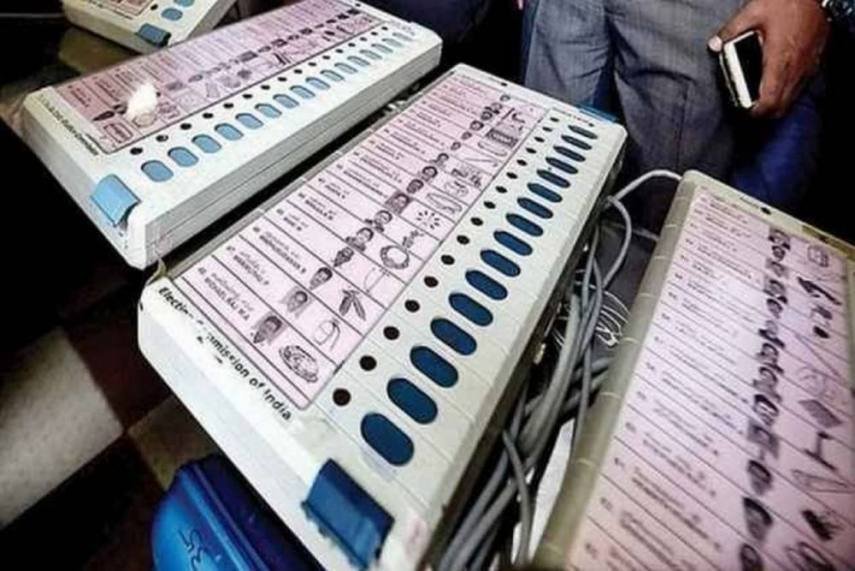
In an ideal scenario, it will motivate them to step up their game and field better politicians next time around.
With EVMs, there is a lot of transparency when it comes to numbers and NOTA getting the majority of votes will put the pressure on political parties to make sure they give the ticket to someone who is truly deserving of it.
People have criticized NOTA in the past. There have been arguments that it can be turned into a more powerful tool by re-election, ideally with new candidates.
